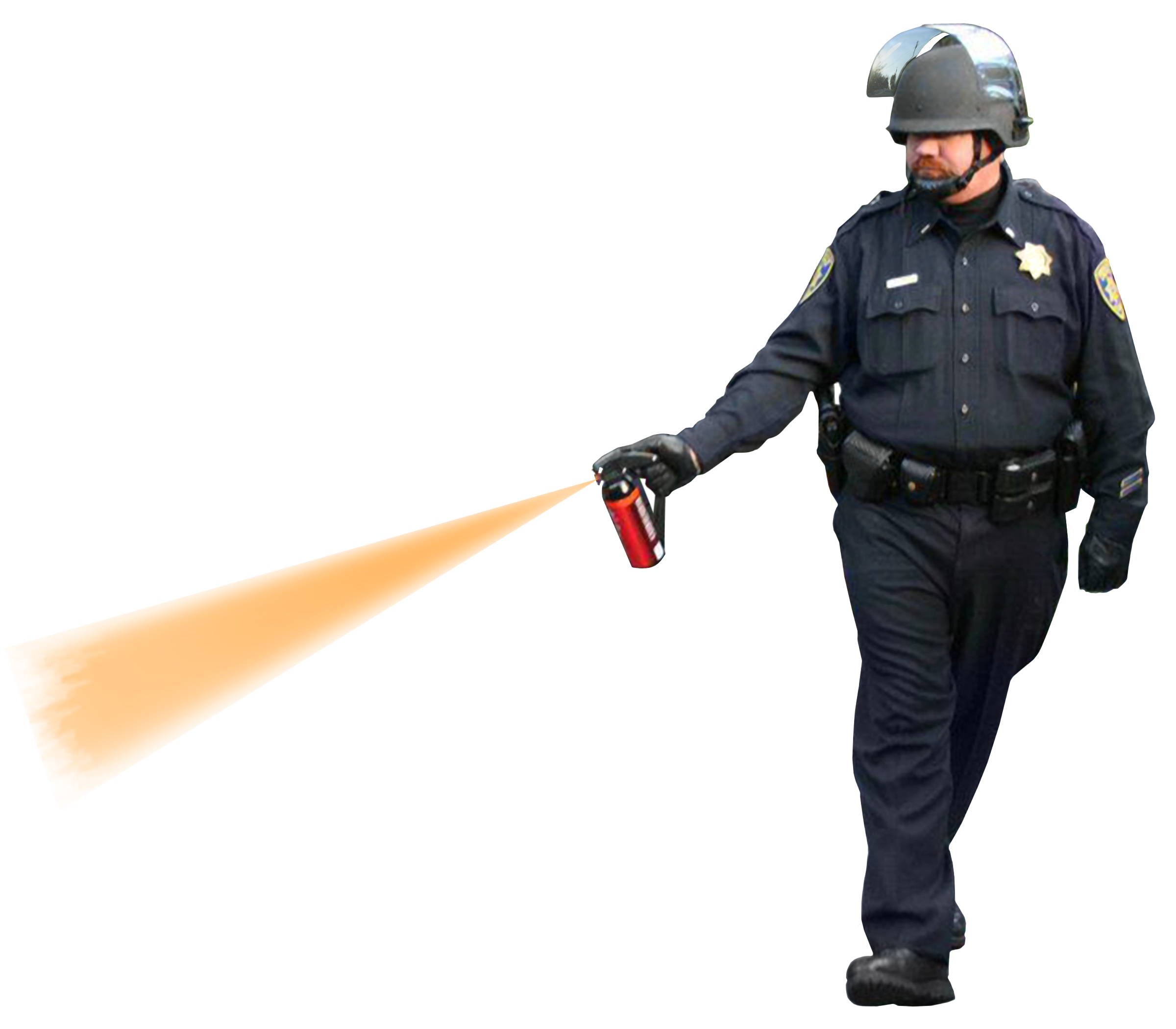Weighing in on political correctness and how it can be benefit our evolving society
Growing up as a brown Muslim girl, I wish I’d had a shield to protect myself from racism. I wish I could have been invisible when kids at the back of the class would hurl expletive insults at me, screaming “Allahu-Akbar!” as I entered the room.
I wish political correctness had been around when I was in elementary and high school. It would have saved me from a lot of self-confidence issues. Whenever I hear criticism of political correctness (PC) culture—in the media or even during class discussions—I can’t help but feel upset. People don’t understand that PC culture is a form of protection for minorities.
According to The Huffington Post, the Angus Reid Institute conducted an online survey in August 2016 that showed 76 per cent of Canadians believe political correctness has gone “too far.” A lot of people share this sentiment and feel they cannot express their opinions about issues affecting marginalized people—but what they don’t understand is those comments are hurtful and unnecessary.
In my opinion, political correctness is a way for minorities—whether they’re people of colour or members of the LGBTQ+ community—to have a justification for being offended when someone says an insensitive thing about who they are.
We’re living in a time when minorities have the chance to feel empowered in our society. In the past, non-whites and other marginalized groups had no voice. They were not accepted as equals and, therefore, didn’t deserve the chance to defend themselves against dangerous expressions.
In a way though, political correctness has existed for a long time—hosts at dinner parties didn’t expect their guests to insult their food, for example. It’s something you just don’t do. It’s considered common courtesy.
Today, PC culture has just expanded on the idea of common courtesy. Now, the gesture extends to minority groups who have the right to not feel insulted for being who they are.
Recently, a CBC article featured Concordia marketing professor Gad Saad, who explained his views regarding political correctness. He stated that it is “limiting the free exchange of ideas on university campuses across the continent.”
In that same article, I read more about Saad’s stance on political correctness, how it is negative and limits free speech. Then, I came across the professor’s satirical argument against condemning cultural appropriation, in the same article. He said: “Our African ancestors were the first to engage in breathing…By that logic I think by breathing today, we are engaging in cultural appropriation of the first Homo sapiens. And so the only way I will ask you to stop being racist is to suffocate—to stop breathing.”
That’s when I realized, like most people who argue against PC culture and think it has gone “too far,” Saad doesn’t understand its importance—or if he does, he doesn’t care.
PC culture is understanding and being sensitive to issues that don’t directly involve you. It’s understanding that cultural appropriation genuinely offends some people—even if it doesn’t offend you.
Freedom of speech means you have the right to say whatever you want. It means you can argue that cultural appropriation is fine and so are other issues that affect minorities. But it also means that you can be challenged for your views and called out for promoting ignorance. While I do believe freedom of speech is a necessity, I also believe minorities must be protected from ignorant stereotypes.
PC culture frustrates some people, sure. But it also protects a lot of other, more marginalized people from offensive comments and dangerous ideas. I don’t believe PC culture should censor people from discussing controversial things—it’s important to have a dialogue between people from different communities, even if the person expressing their views might be a bit ignorant when it comes to their choice of words.
PC culture is correcting those negative and uninformed ideas. It’s pushing people to understand that the world no longer revolves around straight white guys—it’s now about a world where politeness takes precedence over out-dated, harmful ideas.




